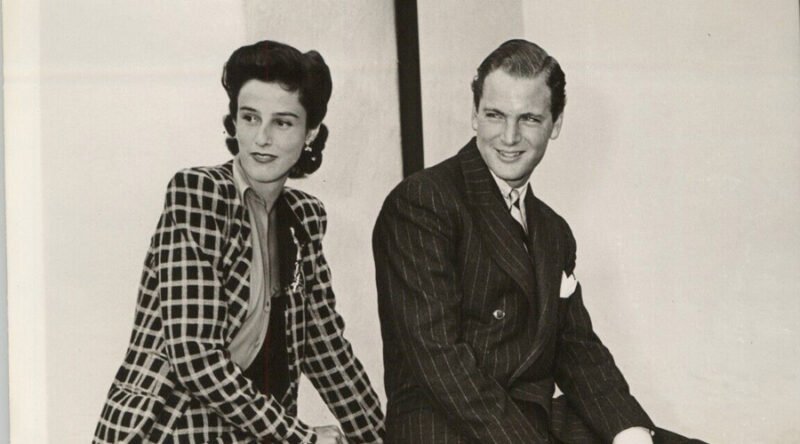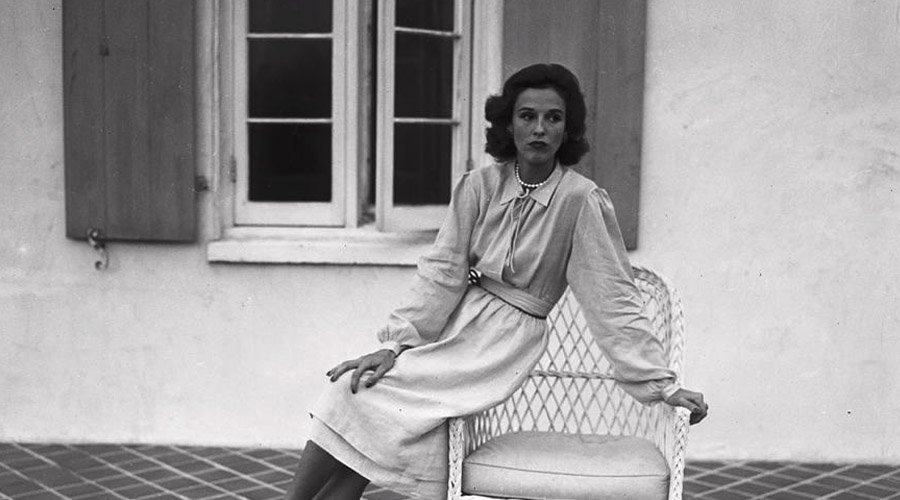American sportsmen and advertising businessman Stanley Grafton Mortimer Jr. (May 12, 1913 – August 11, 1999) was important. Mortimer’s legacy lives on through his high-profile personal life, athletic and business accomplishments, and connections to notable American families.
Early Life and Background
Stanley G. Mortimer Jr. was born in Tuxedo Park, New York, the oldest of six members of the famous Mortimer family. His mother, Kathleen Hunt Tilford, was a New York elite, and his father, Stanley Grafton Mortimer I, was well-known. In such an atmosphere, Mortimer was nurtured for success and had early interests in athletics and business, which he would later excel in.
His Wife: Kathleen Lanier Harriman
A notable American journalist, socialite, and the younger daughter of powerful businessman, diplomat, and governor W. Averell Harriman, Kathleen Lanier Harriman was born December 7, 1917, in New York. Her aristocratic family immersed her in high society from a young age. Kathleen’s mother, Kitty Lanier Lawrance, came from a respected family, adding to her social connections. Kathleen graduated from Bennington College in 1940 and worked in journalism. Known for her elegance and charm, she helped her father and President Franklin D. Roosevelt manage the American delegation at the Yalta Conference, where post-war choices were determined. Her diplomatic and organizational talents were crucial during this time.
Kathleen married athlete and advertising entrepreneur Stanley G. Mortimer Jr. in 1946 and had one son, David H. Mortimer. Their lifestyle was luxurious and sociable, with Stanley’s business and athletic career complimenting Kathleen’s. Kathleen remained involved in social and political circles throughout her life, earning attention for her pedigree and accomplishments. She died at 93 in New York on February 17, 2011. Her family and the enduring impact she made on American high society remember her dedication to journalism and her father’s politics.
Sports Career
Lifelong sportsman Mortimer was well-known in equestrian circles. He competed in polo tournaments and was admired for his athleticism and sportsmanship. Polo, generally associated with high society, matched Mortimer’s lifestyle, providing personal gratification and a chance to retain contacts with other powerful persons. Beyond polo, Mortimer loved other kinds of sports, both competitive and recreational.
Advertising Executive and Business Ventures
Mortimer’s commercial career is possibly better renowned than his athletic accomplishments. He was a successful executive at top advertising agencies in the mid-20th century. He rose to senior executive at a prominent agency due to his commercial skills. Mortimer shaped advertising at a pivotal age.
His leadership and strategic vision guided his organization through changing American consumer culture. Mortimer’s talents helped create successful advertising campaigns, providing the framework for modern marketing.
Personal Life and Babe Paley Marriage
Mortimer’s marriage to Babe Paley, a New York elite socialite and fashion star, was well known. The 1940 marriage was high-society. Paley, the daughter of a rich manufacturer, influenced American fashion with her beauty and flair.
Despite their early outward bliss, Stanley G. Mortimer Jr. and Babe Paley divorced in 1946. On the social scene in New York, the couple’s breakup and personal lives were regularly in the news. Despite their breakup, Paley became a fashion icon while Mortimer stayed powerful in sports and business.
Families and Legacy
Stanley G. Mortimer Jr. has a huge family, and many of his offspring and grandchildren are renowned Americans. He had Stanley Grafton Mortimer III, Amanda Burden, Averell, Jay, and David H. Mortimer. Many of his successors worked in business, government, and the arts, solidifying the Mortimer family’s impact in American culture.
His daughter Amanda Burden became an urban planner, and Stanley G. Mortimer III was a businessman. The Mortimer family and its successors were often in the limelight due to their close ties to American culture. Thus, Stanley G. Mortimer Jr.’s children and grandkids, many of whom are notable figures, continue his legacy.
Death and Reflection
In 1999, 86-year-old Stanley G. Mortimer Jr. died in Harriman, New York. His death ended a life of commercial and sporting achievement and ties to powerful people. Despite his subsequent privacy, Mortimer’s legacy as an American sportsmen and advertising executive lives on. His economic and sporting accomplishments are still acknowledged, and his family remains influential in American society.
Stanley G. Mortimer Jr. was a man of wealth and social status whose life epitomized 20th-century American commerce, athletics, and high society.





